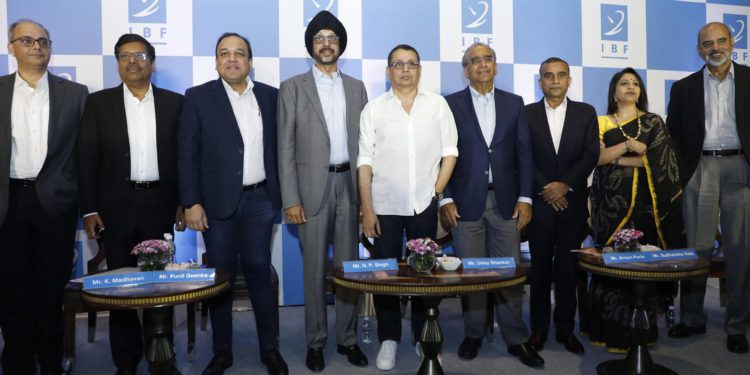NE BUSINESS BUREAU
AHMEDABAD, JAN 11
In a show of solidarity, top honchos from fiercely competitive TV broadcast industry on Friday came together against regulator Trai’s new tariff order on Friday, saying pricing caps on channels will stifle content creation, impact jobs and pull down growth.
The Telecom Regulatory Authority of India’s (Trai) move aimed at reducing charges for subscribers is micro-regulation and puts the industry’s future in “jeopardy”, the lobby grouping Indian Broadcasting Federation (IBF) said.
In the second major change in a year, Trai had capped individual channel subscription at Rs 12 per month, down from the earlier Rs 19, and capped channel bundle discount to 33%, among other moves. The moves are effective from January 1 and analysts had opined this will reduce cable TV subscription charges by 14%.
“We want a stable and consistent regulatory regime for us to strategise better,” N P Singh, the IBF president and the head of Sony Pictures Networks India, told reporters. He added that such a move will stifle content creation, impact jobs and also economic growth.
He said Trai has come out with 36 tariff orders in the 15 years of its existence, and termed a few of the recent decisions as “arbitrary” taken without any data or consumer insights.
The new set of guidelines are biased against bouquet offerings and the regulations should be non-discriminatory, he said.
“Future of the sector is in jeopardy with such micro-regulation,” Discovery Asia-Pacific head Megha Tata said.
Ten top executives from different broadcast houses, including Star India Chairman Uday Shankar, NP Singh, Megha Tata, TV Today’s founder Aroon Purie, Zee Entertainment Chief Executive Punit Goenka, addressed the media to safeguard the interest of the industry.
Uday Shankar said such a move will lead to a dip in investments in content and also shuttering of the small channels.
The IBF in the statement iterated that the amendments will severely impair broadcasters’ ability to compete with other unregulated platforms and adversely affect the viability of pay TV industry
,












